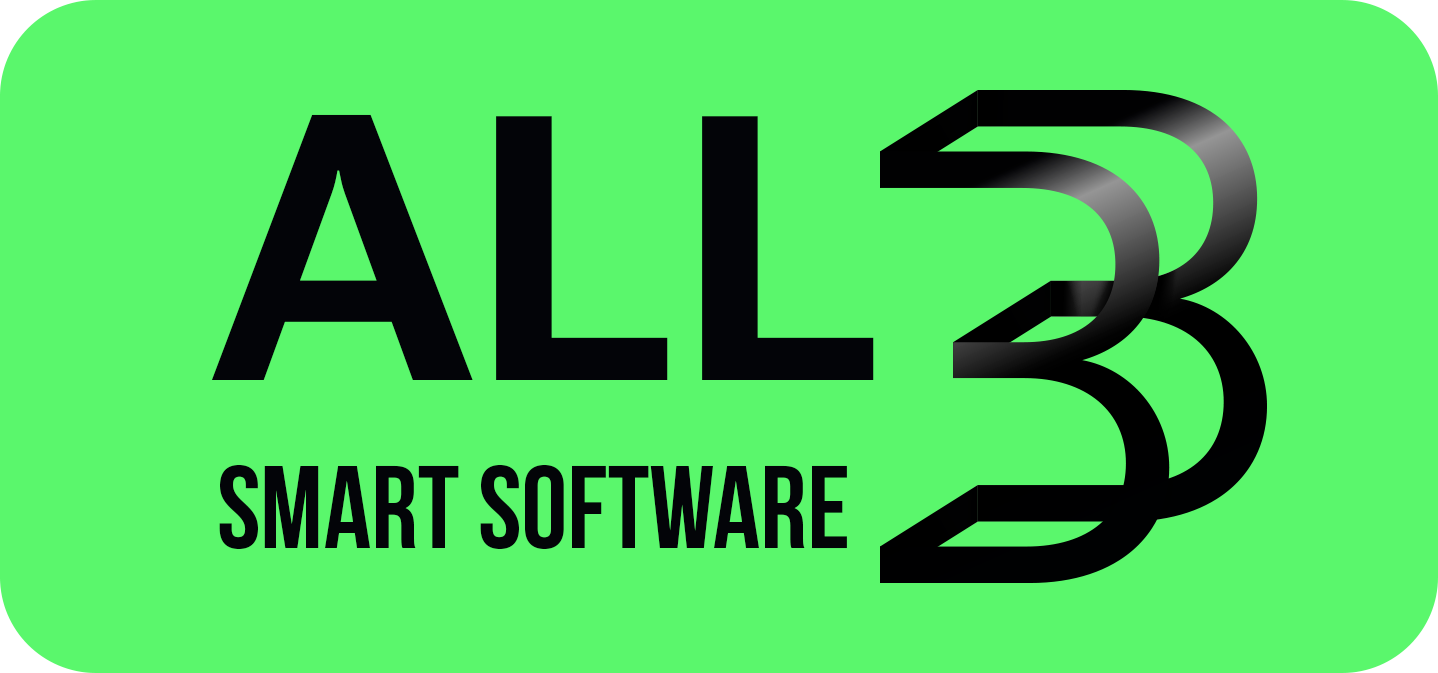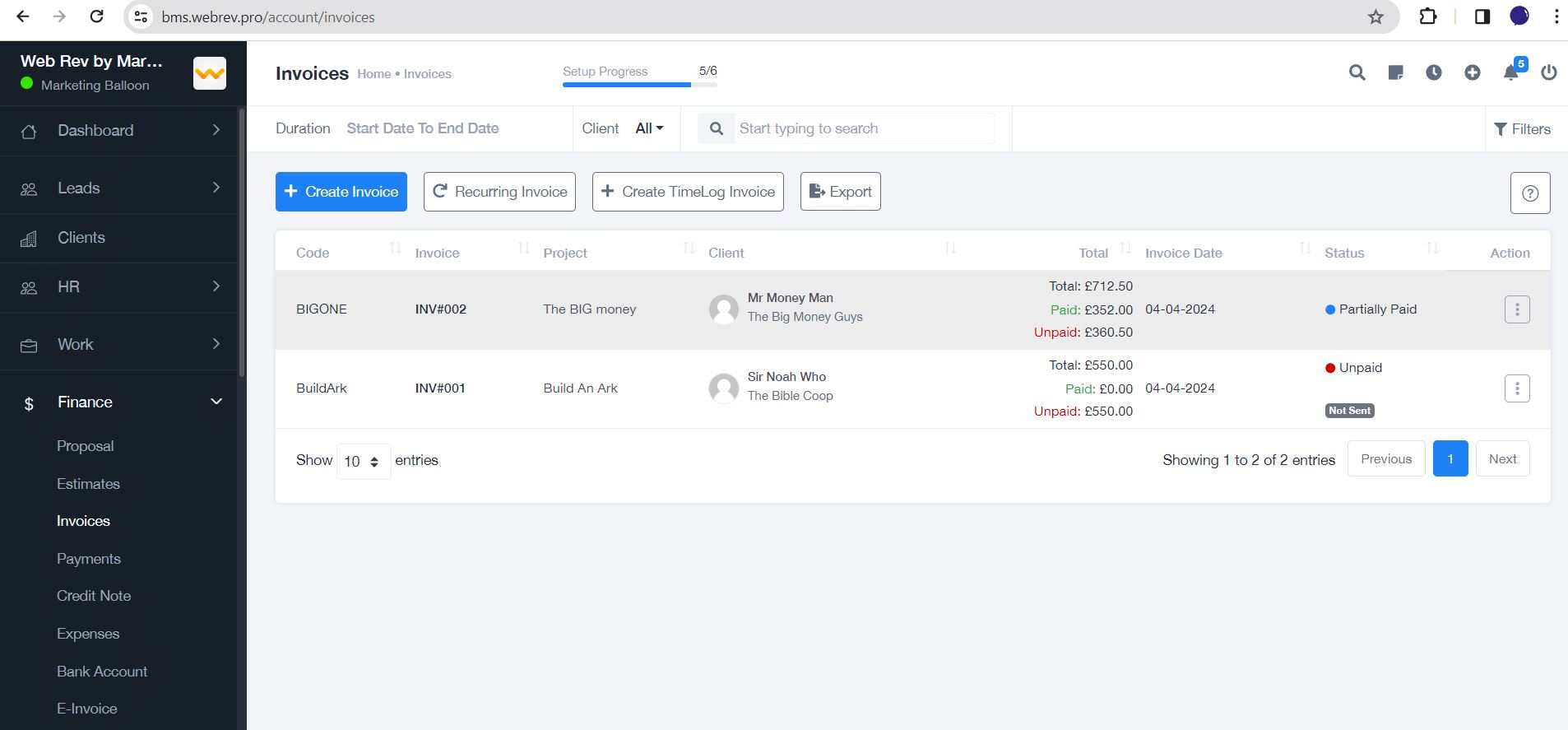Finance Management
Our Finance Management Module is a core component of an all-in-one business management system, enabling businesses to manage their financial activities efficiently and accurately. Here's a detailed overview of the key features of a robust Finance Management Module:
1. General Ledger
The general ledger serves as the backbone of the financial management module, allowing businesses to maintain detailed records of all financial transactions. It includes:
- A comprehensive chart of accounts
- Support for multiple currencies
- Flexible accounting periods and year-end processes
- Integrated journal entries for various types of transactions
2. Accounts Payable
This feature manages the process of paying vendors, suppliers, and other creditors. It provides tools for:
- Invoice processing and approvals
- Payment scheduling and tracking
- Management of vendor information and terms
- Reconciliation of accounts
3. Accounts Receivable
The accounts receivable functionality helps manage customer billing and collections. It includes:
- Generation of invoices and credit memos
- Tracking of customer payments and outstanding balances
- Automatic reminders for overdue payments
- Integration with customer relationship management (CRM) systems for improved communication
4. Budgeting and Forecasting
This feature helps businesses plan their financial future. It provides:
- Tools for creating budgets and forecasts
- Integration with actual financial data for variance analysis
- Scenario planning and what-if analysis
- Customizable reporting for budget reviews
5. Financial Reporting and Analytics
Comprehensive financial reporting is critical for business insights and compliance. This feature offers:
- Standard financial reports (income statement, balance sheet, cash flow statement)
- Customizable report templates
- Real-time data visualization and dashboards
- Integration with business intelligence tools for advanced analytics
6. Cash Management
Effective cash management ensures liquidity and financial health. This module includes features such as:
- Bank account reconciliation
- Cash flow forecasting
- Integration with bank feeds for real-time updates
- Management of cash positions and transfers
7. Tax Management and Compliance
Staying compliant with tax regulations is essential. The tax management feature provides:
- Tools for calculating and filing taxes (sales tax, VAT, income tax, etc.)
- Support for multiple tax jurisdictions
- Generation of tax reports and audit trails
- Compliance monitoring and alerts
8. Asset Management
This feature tracks and manages a company's fixed assets, offering:
- Asset registration and categorization
- Depreciation calculations
- Asset lifecycle management (acquisition, maintenance, disposal)
- Integration with financial reports
9. Payroll Management
Payroll is an essential part of financial management. This feature allows businesses to manage payroll processes with:
- Employee payroll processing and calculations
- Integration with HR systems for employee data
- Automated tax withholding and filings
- Generation of pay stubs and payroll reports
10. Integration with Other Modules
A Finance Management Module should seamlessly integrate with other business functions, such as:
- Inventory management for accurate costing
- Customer relationship management for billing and collections
- Human resources for payroll and employee expenses
- Project management for tracking project costs and revenues
These features work together to provide a comprehensive solution for managing a company's finances. The Finance Management Module is designed to streamline financial operations, improve accuracy, and ensure compliance, ultimately contributing to a business's overall success and sustainability.


